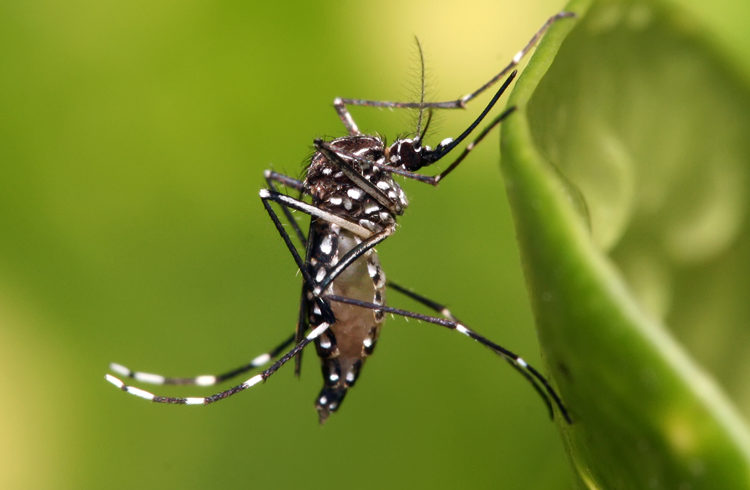Next October 19 Cuban and U.S. scientists will hold an exchange in Havana about the zika virus and other arboviruses (viruses transmitted by arthropods).
Specialists from the two countries will share the experience and will present “their studies and principal researches on the topic,” according to the announcement made yesterday in a press conference by Ileana Morales, national director of science and technological Innovation of the Ministry of Public Health.
The meeting’s principal goal is to take the first steps for a strategy of regional collaboration focused on the prevention and control of those diseases, in addition to seeking ways of making more sophisticated the health services, increase the diagnosis capacity and improve the chemical use.
In fact, the event is part of the Regional Meeting program devoted to the topic that will be held October 20 and 21 at the Hotel Nacional de Cuba. Moreover, it will serve as the preparatory meeting for a high-level one between Cuban and U.S. scientific institutions, Morales announced.
Cuba was chosen as the venue for the event because of its relevant results in the prevention and control of diseases caused by the transmitting mosquito, the Aedes aegypti.
“The response given in Cuba to these epidemics is an example for many countries of the region,” Morales recently highlighted to the press.
Cuba’s leadership in international events and forums on topics that mobilize the health systems of Latin America and the Caribbean is renowned, according to statements by Cristian Morales, Pan American Health Organization (PAHO) representative in Cuba.
Miami, FL area where the zika virus is being transmitted by mosquitoes. Image: CDC.
Collaboration in the struggle against zika and cancer are aspects included in the memorandum of understanding signed in June of this year in Washington by Cuban Minister of Public Health Roberto Morales Ojeda and U.S. Secretary of Health and Human Services Sylvia Mathews Burwell.
The U.S. Department of Health and Human Services (HHS) described the document as an important landmark between the two countries since the reestablishment of diplomatic relations in 2015. Less than three months later some results are already visible.
The zika virus proliferated in the region after its appearance in Brazil in 2014, and is included in a series of diseases like dengue and chikungunya that have in common the transmission through the Aedes aegypti vector.
According to the Centers for Disease Control and Prevention (CDC), up until this September a total of 3,174 cases of zika have been reported in the United States. In Cuba, until now the health authorities have reported 30 imported and three autochthonous cases. In February, President Barack Obama requested from Congress 1.9 billion dollars to combat this virus that, in the words of CDC director Tom Frieden, is of more concern because of what is not known about it than because of the confirmed effects like microcephaly in babies.










